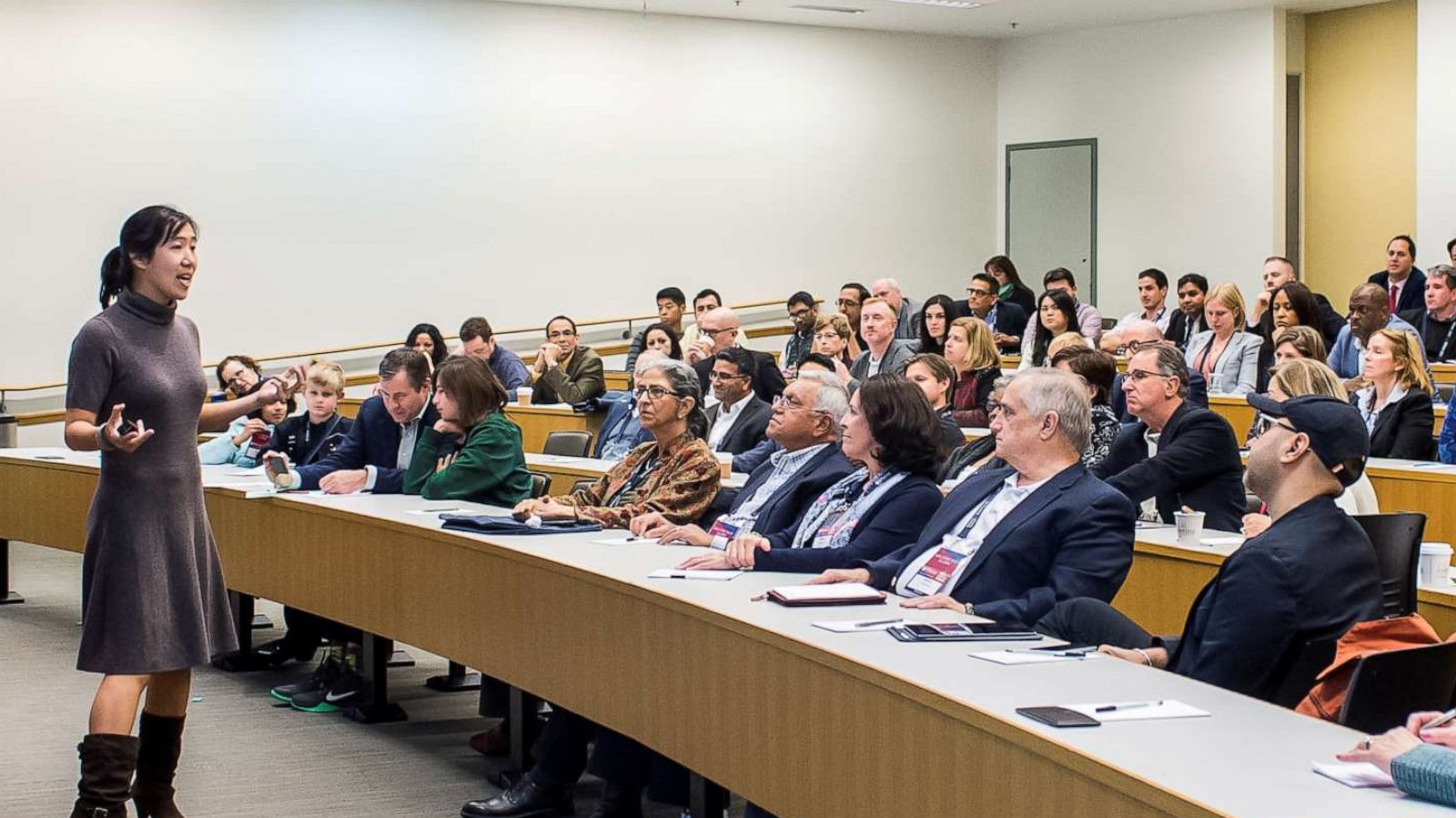Innovative Curriculum Changes at Business Schools Driving Real-World Success
Business schools worldwide are undergoing transformative curriculum changes aimed at equipping students with the skills necessary for success in an increasingly complex and dynamic global economy. These innovative shifts in educational paradigms are driven by the need to address the evolving demands of employers and the rapid advancements in technology. One of the most significant changes is the integration of experiential learning into the curriculum. Rather than relying solely on traditional lecture-based teaching methods, many business schools are emphasizing hands-on experiences through case studies, internships, simulations, and live projects with companies. This approach not only enhances students’ understanding of theoretical concepts but also allows them to apply their knowledge in real-world scenarios, thereby bridging the gap between academic learning and practical application. Furthermore, there is a growing emphasis on interdisciplinary studies, with business schools increasingly collaborating with other departments such as engineering, data science, and environmental studies.

This integration enables students to develop a broader skill set and fosters a holistic understanding of complex business challenges. For instance, courses that combine business strategy with data analytics prepare students to leverage big data in decision-making processes, which is crucial in today’s data-driven business environment. Additionally, business schools are placing a stronger emphasis on ethics, sustainability, and social responsibility. As organizations face increasing scrutiny regarding their impact on society and the environment, business education is shifting to incorporate discussions around ethical leadership and sustainable practices. This focus not only cultivates responsible leaders but also prepares students to navigate the challenges of corporate social responsibility. Another notable trend is the incorporation of technology into the curriculum. With the rise of digital transformation, business schools are equipping students with the necessary digital skills to thrive in a tech-savvy marketplace. This includes training in areas such as digital marketing, e-commerce, and financial technology. Moreover, the adoption of online and hybrid learning models has become more prevalent, allowing for greater flexibility and access to education. Students can now participate in global learning experiences without the constraints of geographical boundaries, thus expanding their perspectives and networks.
Moreover, the importance of soft skills such as communication, teamwork, and adaptability is being increasingly recognized. Business schools are integrating workshops and activities that promote these skills, acknowledging that technical expertise alone is insufficient for success in the workplace. The emphasis on emotional intelligence and interpersonal skills prepares graduates to lead diverse teams and navigate complex organizational dynamics effectively. In summary, the innovative curriculum changes at business schools with qs executive mba rankings are driving real-world success by fostering a practical, interdisciplinary, and ethically aware approach to business education. By prioritizing experiential learning, technological proficiency, and soft skill development, these institutions are producing graduates who are not only well-prepared for the challenges of the business world but also equipped to make meaningful contributions to society. As these trends continue to evolve, business schools will play a pivotal role in shaping the future of work and leadership in a rapidly changing global landscape.
